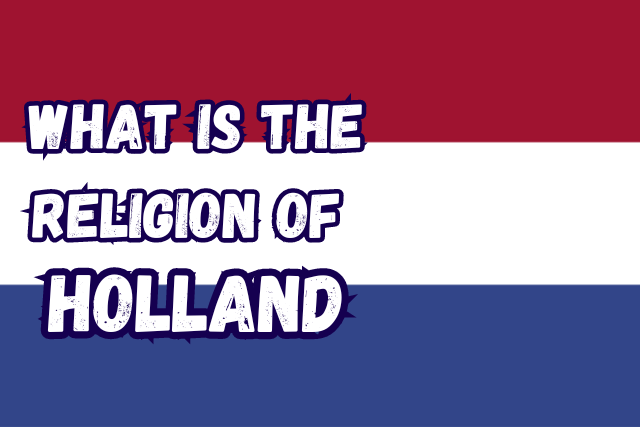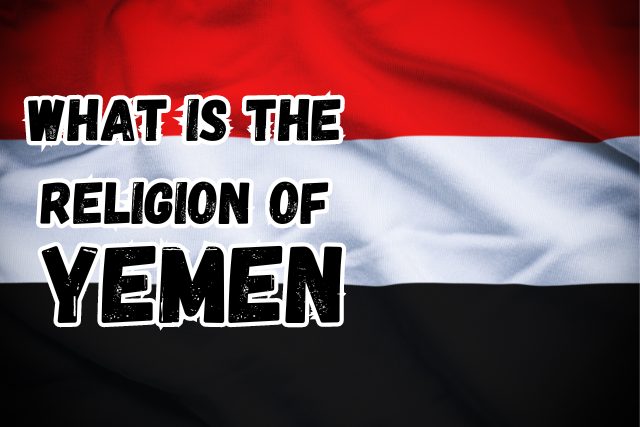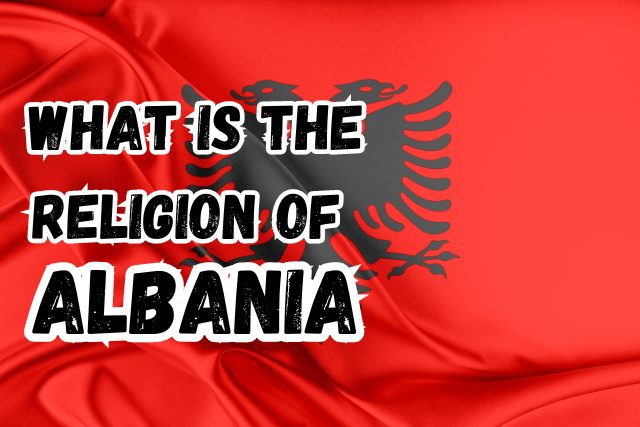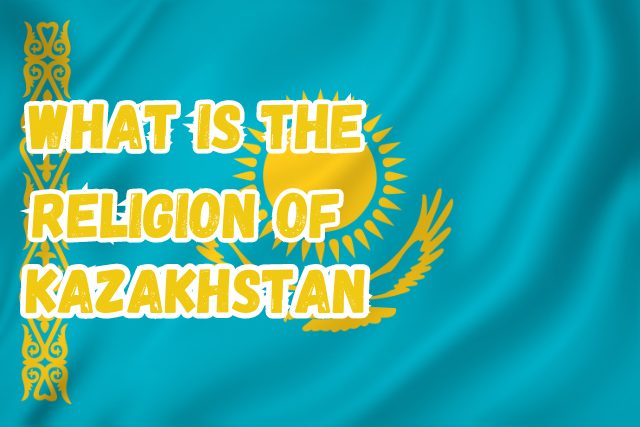What is the Religion of Hungary in 2024? A Rich Tapestry
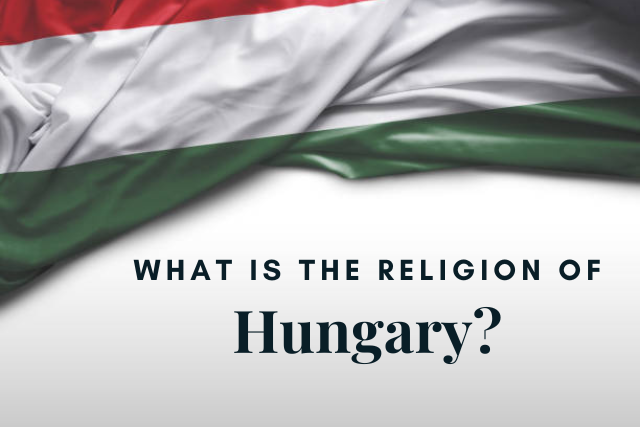
Hungary has lots of different religions, showing how its culture has changed over time. Many people in Hungary are Christians, but there are also other religions practiced here, and some people don’t follow any religion at all. This guide delves into the question of “what is the religion of Hungary?” uncovering the rich tapestry woven from faith.
What is the Religion of Hungary?
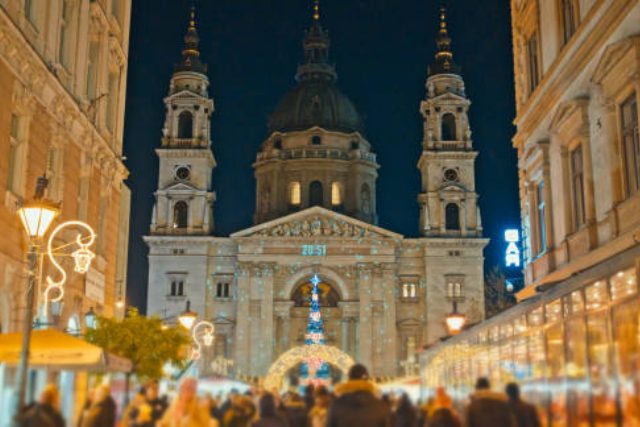
Christianity is the most common religion in Hungary, with about 42.5% of the population identifying as Christian. Catholicism is the most popular form of Christianity, followed by Calvinism, Lutheranism, and Eastern Orthodox Christianity. Other religions, including Buddhism, Hinduism, Islam, and Judaism, are practiced by a small minority (1.3%).
Interestingly, a significant portion of the Hungarian population (40.1%) did not answer questions about their religious beliefs. Additionally, 16.1% identified as non-religious.
Christianity in Hungary
Christianity forms the bedrock of Hungarian religious life, with roughly 42.5% of the population identifying as Christian. This influence is evident in the country’s architecture, art, and traditions. Catholicism takes center stage, claiming the hearts and minds of 29.2% of Hungarians.
Most Catholic Hungarians follow the Roman Rite, the familiar form of Catholicism practiced worldwide. However, a smaller but significant community adheres to the Greek Rite, with its distinctive traditions and practices.
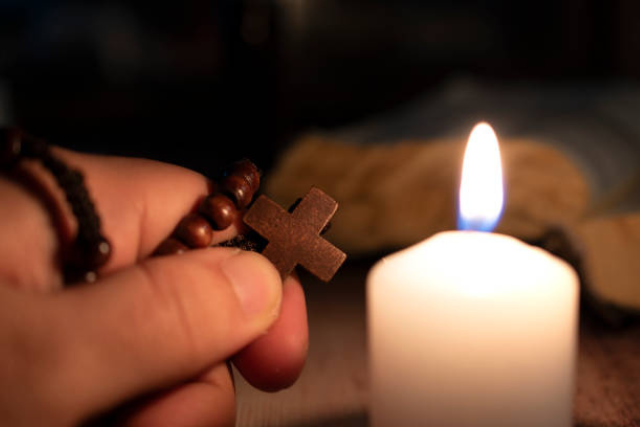
Beyond Catholicism, Hungary is home to vibrant Protestant communities. Calvinism, a branch of Protestantism emphasizing predestination and God’s sovereignty, finds followers in 9.8% of the population. This faith is particularly strong in Eastern Hungary, leaving its mark on the region’s culture.
Lutheranism, another Protestant denomination known for its focus on scripture and justification by faith, is embraced by 1.8% of Hungarians. These Protestant traditions, with their own unique interpretations of the Bible and rituals, enrich the religious landscape of Hungary.
Other Religions in Hungary
While Christianity holds the majority, Hungary embraces a fascinating array of other religions practiced by smaller communities. These faiths, though representing a smaller percentage, add vibrant threads to the country’s religious tapestry. Let’s explore some of these:

- Buddhism: A growing number of Hungarians find solace in Buddhist teachings of mindfulness, compassion, and the path to enlightenment. Meditation centers and communities cater to this dedicated following.
- Islam: Introduced during the Ottoman era, Islam has a minority presence in Hungary, particularly among communities with Turkish or Arab ancestry. Mosques serve as centers of worship and cultural gatherings for these communities.
- Judaism: Hungary boasts a rich Jewish history, with communities preserving their cultural traditions and religious observances. Though tragically impacted by the Holocaust, Judaism remains a significant presence in the country.
- Other Religions: The Baháʼí Faith, emphasizing universal peace and unity, finds adherents in Hungary. Additionally, some Hungarians explore Taoism, a Chinese philosophical and religious tradition, and Ősmagyar vallás, an indigenous Hungarian belief system. Neopagan movements, reviving pre-Christian spiritual practices, also have a small but dedicated following.
Non-Religious in Hungary
In addition to various religious affiliations, a significant portion of Hungary’s population identifies as non-religious. According to recent surveys, 16.1% of Hungarians consider themselves not religious. Furthermore, a substantial percentage (40.1%) of the population did not provide information about their religious beliefs or non-beliefs.

The rise of non-religious identification in Hungary reflects broader societal trends towards secularism and individualism. As Hungary undergoes social and cultural transformations, more individuals are opting for a secular worldview, emphasizing personal autonomy and rational inquiry over traditional religious beliefs.
The role of religion in Hungarian history
Religion has played a pivotal role in shaping Hungarian history. It has influenced the country’s art, architecture, and social fabric. Grand churches and cathedrals stand as testaments to the faith of generations past. Religious holidays and festivals punctuate the calendar, bringing communities together in celebration and reflection. Even for those who are not religious, understanding the role of faith in Hungary’s past provides a deeper appreciation for its culture and traditions.
Unique Hungarian Religious Practices
While Hungary shares many Christian traditions with other European countries, it also boasts some unique practices:
- Marian Pilgrimage Sites: Hungary is home to several revered pilgrimage sites dedicated to the Virgin Mary. These Marian shrines attract thousands of devotees throughout the year, seeking blessings, offering prayers, and participating in special processions.
- Bread Baking Traditions: Special breads hold significance in Hungarian religious celebrations. For Easter, intricate braided loaves symbolize rebirth, while Christmas Eve sees the baking of “pogácsa,” a savory pastry with symbolic shapes.
- Folklore and Religious Beliefs: Hungarian folklore often intertwines with religious beliefs. Tales of saints, angels, and mythical creatures reflect the deep-seated influence of religion on the Hungarian imagination.
FAQs About What is the Religion of Hungary
What is the main religion in Hungary?
Christianity is the main religion in Hungary, with around 43% of the population identifying as Christian. Catholicism is the most popular form of Christianity, followed by Protestantism (mainly Calvinism).
What are Hungarians’ beliefs?
Hungarians’ beliefs are diverse. Christianity forms the base for many, with Catholics and Protestants having distinct practices. However, a significant portion (around 40%) doesn’t follow a religion, and some (16%) consider themselves non-religious. Additionally, smaller communities practice Buddhism, Hinduism, Islam, and Judaism.
Are there Muslims in Hungary?
Yes, there are Muslims in Hungary. Islam has a minority presence, particularly among communities with Turkish or Arab ancestry.
What percent of Hungary is atheist?
While some Hungarians (around 16%) identify as non-religious, it’s not the same as atheism. Atheism specifically refers to the disbelief in God(s). Hungary doesn’t have official statistics on atheism, but a significant portion (40%) doesn’t answer questions about religion.
Is Christianity allowed in Hungary?
Yes, Christianity is absolutely allowed in Hungary. Freedom of religion is a fundamental right in Hungary. The country has a rich Christian history evident in its architecture, art, and traditions.
Conclusion
In conclusion, Hungary’s religious landscape is a vibrant tapestry, woven with threads of Christianity, minority faiths, and a growing non-religious population. This guide on “what is the religion of Hungary” has unraveled the rich history and diverse expressions of faith in Hungary, offering a glimpse into the heart of a nation shaped by its beliefs.

